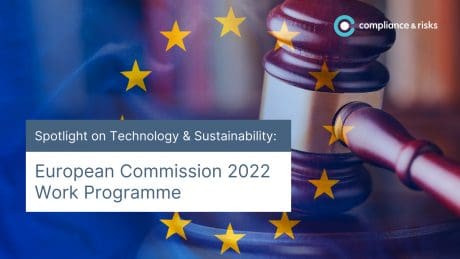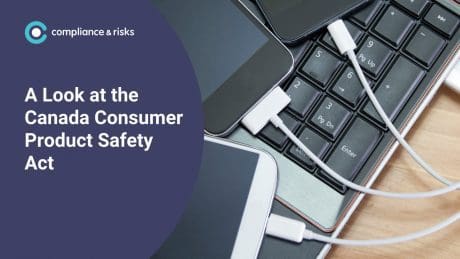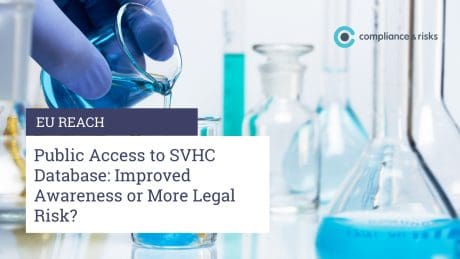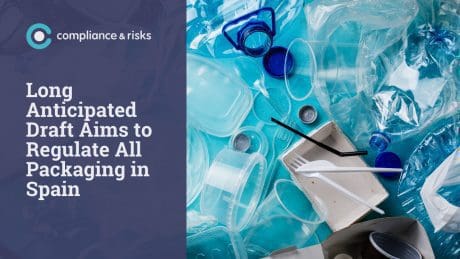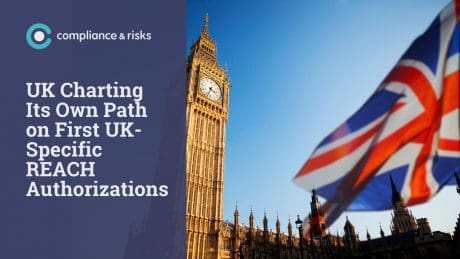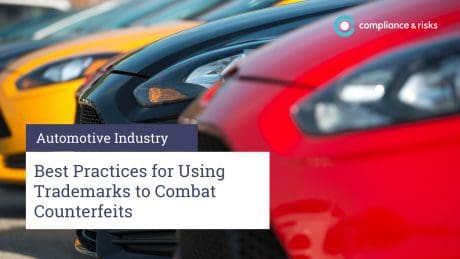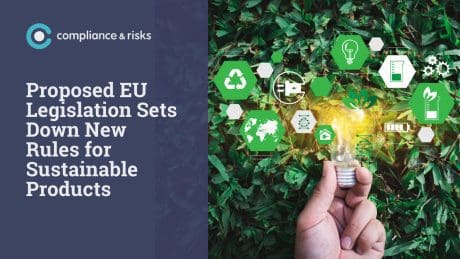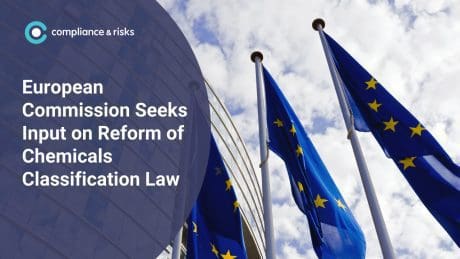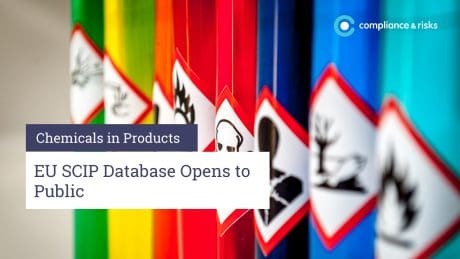
EU Adopts New Market Surveillance Legislation
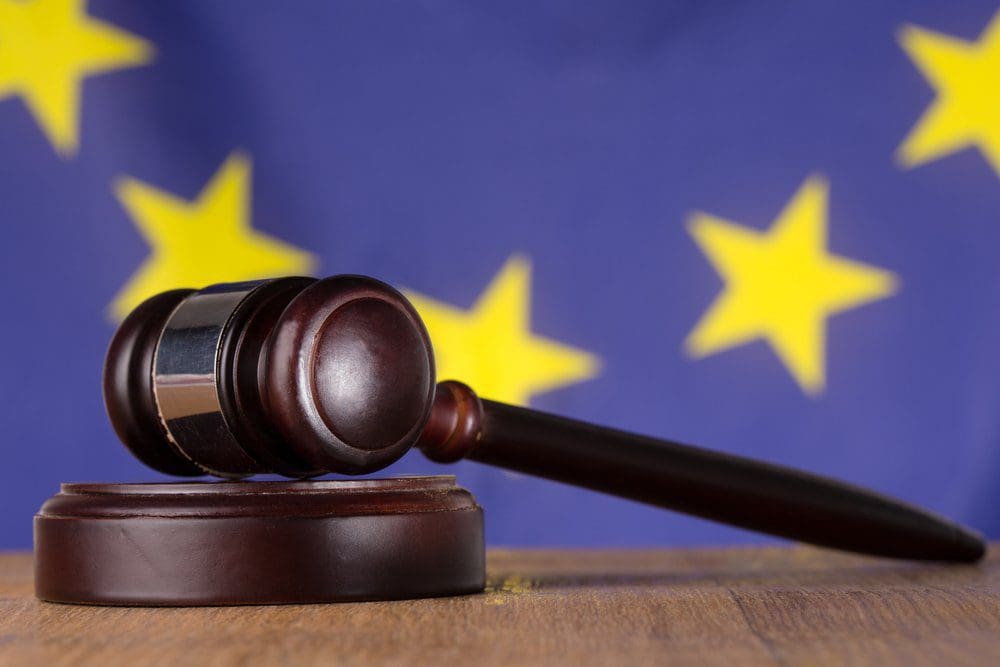
 The EU adopted new Regulation 2019/1020 on 20 June 2019 which regulates market surveillance of most EU legislation1. However, this also includes new obligations for suppliers who are located outside of the EU and supply directly to end users. These suppliers are known as distance sellers. This new legislation will also impact supply with regards to Brexit as discussed below. The legislation also details obligations for national market surveillance authorities, how they should operate, recovery of costs, etc. Obligations that directly affect economic operators and non-EU distance sellers enter into force on 16 July 2021, although a “Union Product Compliance Network” will be established from 1 January 2021. This will be a platform for structured coordination and cooperation between enforcement authorities.
The EU adopted new Regulation 2019/1020 on 20 June 2019 which regulates market surveillance of most EU legislation1. However, this also includes new obligations for suppliers who are located outside of the EU and supply directly to end users. These suppliers are known as distance sellers. This new legislation will also impact supply with regards to Brexit as discussed below. The legislation also details obligations for national market surveillance authorities, how they should operate, recovery of costs, etc. Obligations that directly affect economic operators and non-EU distance sellers enter into force on 16 July 2021, although a “Union Product Compliance Network” will be established from 1 January 2021. This will be a platform for structured coordination and cooperation between enforcement authorities.
Scope
Most EU product legislation is in scope. The only exceptions are “food, feed, medicinal products for human and veterinary use, living plants and animals, products of human origin and products of plants and animals relating directly to their future reproduction”. Applicable legislation is listed in Annex I and includes: REACH, CLP, RoHS, WEEE, Batteries, Packaging, POPs, ELV, Ecodesign and energy labeling legislation, PPE, F-Gas, Medical Devices, LVD, EMC, RED, etc. 70 EU directives or regulations are listed. Another 19 laws are listed in Annex II that do not provide for penalties.
Obligations of distance sellers
Unless already required by EU legislation, this new regulation requires that there be an “economic operator” established in the EU. An economic operator can be a manufacturer located in the EU, a professional importer into the EU, an authorized representative with a written mandate from the manufacturer to comply with legislation or a “fulfillment service provider” (a professional who carries out at least two of the following services: warehousing, packaging, addressing and dispatching, without having ownership of the products involved) in the EU. It will be illegal to sell products covered by this regulation in the EU if one of these economic operators do not exist. This requirement will affect suppliers who are located outside of the EU who sell directly to end users without employing a professional importer, e.g. a distributor or an authorized representative. This will affect, for example internet sales via Amazon, Ebay, etc. if these sales are from non-EU suppliers who ship directly to end users in the EU.
Obligations of economic operators
Article 4 lists the obligations of economic operators. These include:
- Verifying that a Declaration of Conformity has been drawn up and to keep this in case it is requested by a market surveillance authority
- Informing the market surveillance authority if they suspect that a product does not comply
- Cooperating with the market surveillance authority
- Most EU product legislation (e.g. RoHS, LVD and EMC) already requires that the importer’s name, trade mark and postal address be on imported products, but this legislation goes further requiring all economic operators to include the name, registered trade name or registered trademark, and contact details, including the postal address, of the economic operator on the product or on its packaging, the parcel or an accompanying document
Possible impact of Brexit
Although not considered by this new regulation, Brexit will affect how this regulation impacts businesses. If “no-deal” to agree a transition period is reached before the UK leaves the EU, the UK will become a third country as far as the EU is concerned and so any UK supplier to EU end users will need to appoint an economic operator in the EU to be responsible for these sales. What happens if a deal is agreed is not known at present as this will depend on the conditions of any agreement that is made between the EU and the UK.
The UK government has said that it will copy EU legislation that exists before departure and this Regulation would be included as it was adopted in June 2019. If its requirements are adopted by the UK when it is fully outside of the EU, all foreign companies that sell products directly to UK end users would be obliged to appoint economic operators in the UK from 16 July 2021, although it is not known at present if this will be required.
If you would like to stay on top of global regulatory developments, sign up to our newsletter here.
